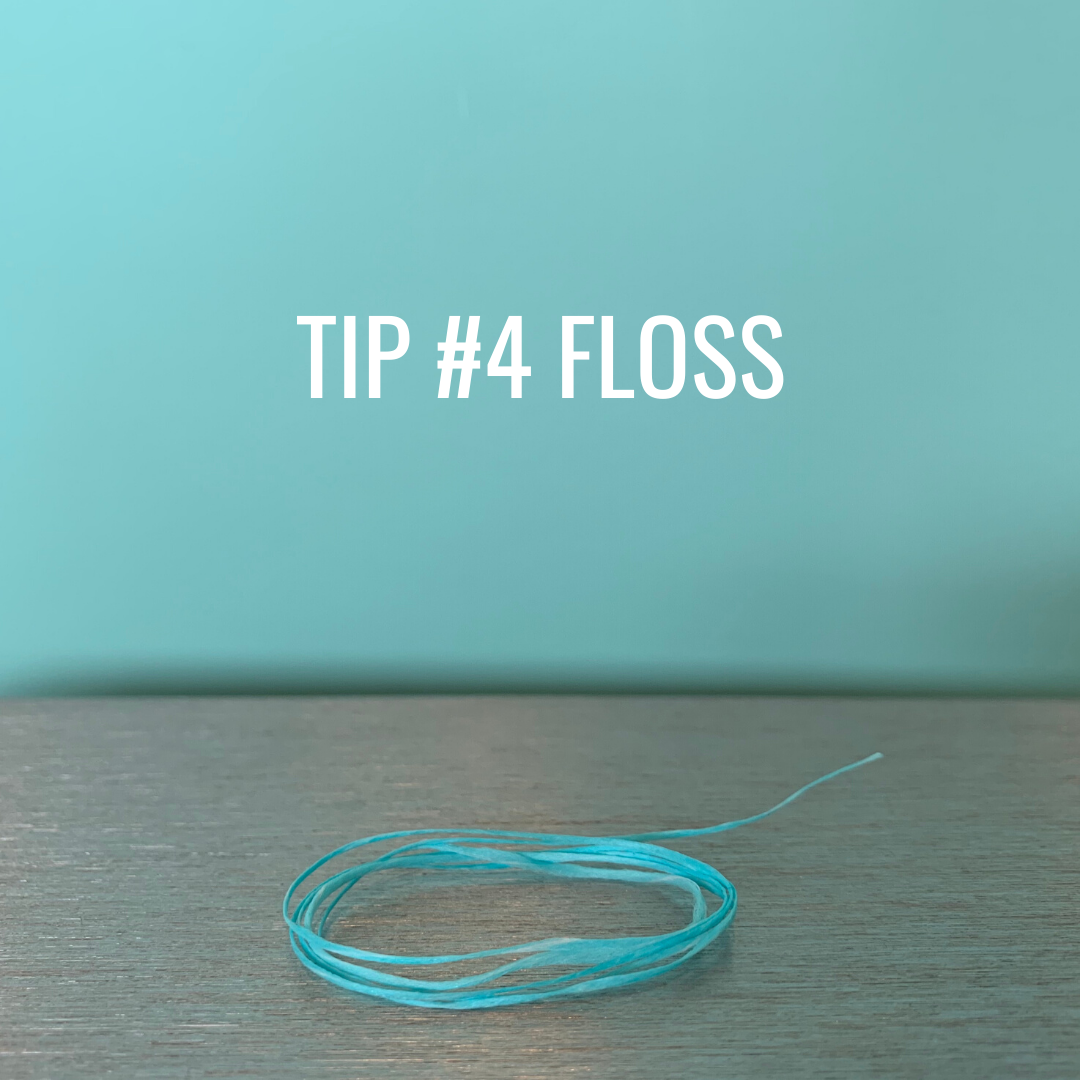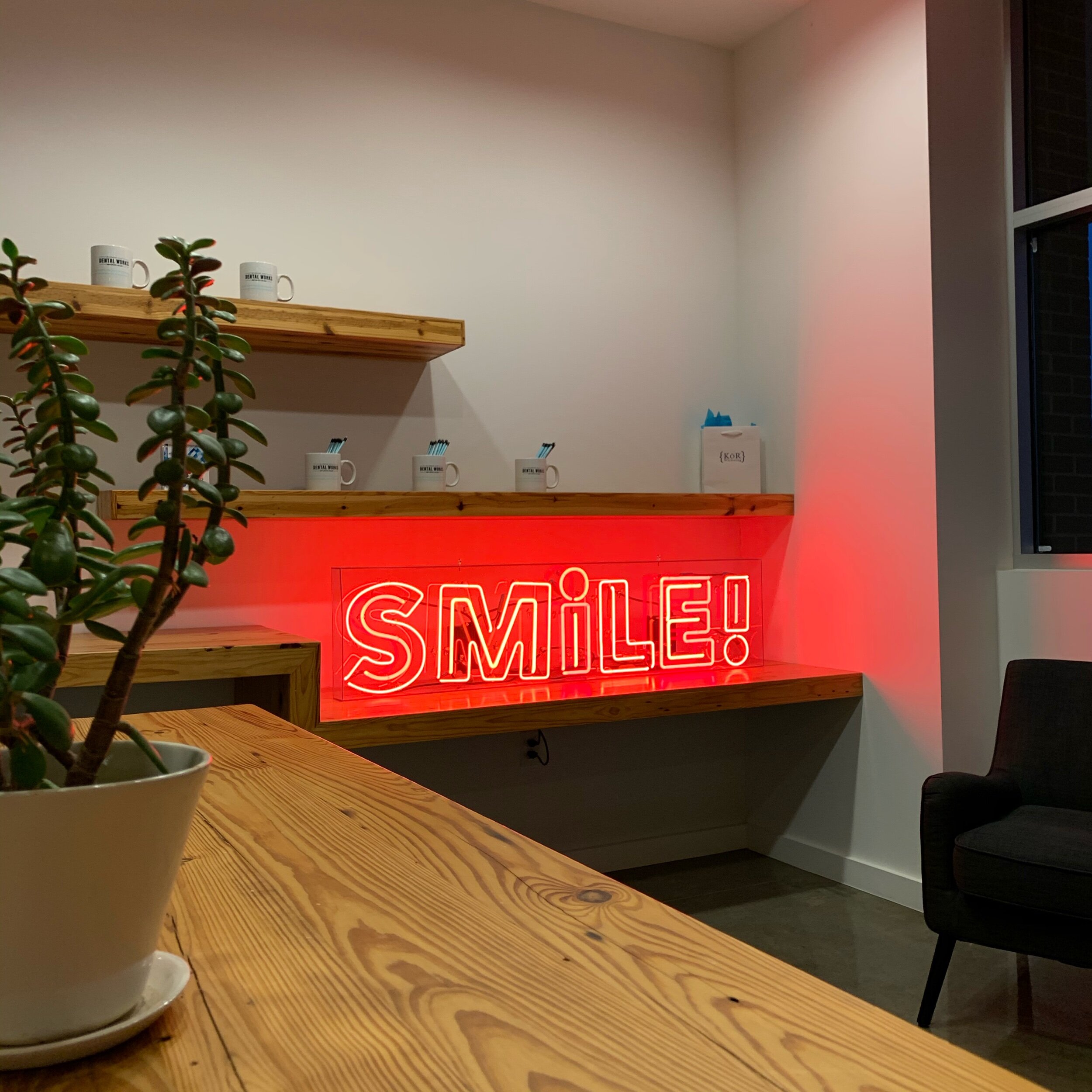With nutrition you can create balance in the oral microbiome. Proper nutrition allows the cells in the teeth called odontoblasts to both protect and repair.
Key nutrients for healthy teeth are vitamin A, D and K2.
Vitamin A is best in retinol form, which is from animal sources. This promotes support of both bone development as well as the immune system and also activates development and growth of genes.
Vitamin D assists in calcium absorption and gene activation. Our bodies synthesize vitamin D when we are exposed to UVB rays from sunlight.
Vitamin K2 is important in both MK-4 (from animal sources) and MK-7 (from fermented foods). It activates proteins to direct calcium to the appropriate locations and keeping it out of your blood vessels and other soft tissues.
Other important supporting nutrients for healthy teeth:
Calcium -leafy greens, dairy, broths, almonds, whole fish
Magnesium -leafy greens, pumpkin seeds, dark chocolate
Zinc -flaxseed, kidney beans, shrimp, mushrooms, cashews
Fats -well sourced meats, butter, olive oil, avocado, fish, walnuts, liver, eggs
Gelatin -soups and broths made from meat cooked on the bone
Fiber -(aka Prebiotics) organic vegetables
Probiotics -fermented foods such as sauerkraut, pickled vegetables, ciders, kimchi, kefir, active cultured yogurt
Sources for the Key Nutrients: How do I get these nutrients in my daily meals?
Whole, full fat, grass fed, organic local animal products
Beef, chicken, lamb, duck - including organ meats (especially beef liver)
Wild caught whole fish and shellfish
Pasture raised chicken and eggs
Full fat, grass fed, organic dairy products (butter, milk, cheese and yogurt)
Traditional Fats such as grass fed, cold pressed, organic butter, olive oil and coconut oil
Organic, local and seasonal vegetables and fruit
Bone broth made from organic grass fed sources
Foods to Eliminate when you’re struggling with cavities:
Sugar -read labels because it’s everywhere!
High Fructose Corn Syrup
White Flour -breads, pasta, cereal, crackers, etc
Processed Foods
Refined Vegetable Oils -canola, soybean, peanut, sunflower, etc
Sugary Drinks -soda, juice
GMO Foods
Processed Dairy
Supplements: Our goal is to get all of the nutrients from the food we eat. In some cases where there is an immediate issue with tooth decay and/or gum inflammation, supplements may be a helpful short-term option. Many people in this situation could be dealing with nutrient deficiencies and most likely gut bacteria imbalances, which is what leads to oral microbiome imbalances. Consider supplementing the key nutrients (vitamin A, D and K2), zinc, magnesium and probiotics (spore based are my choice).















